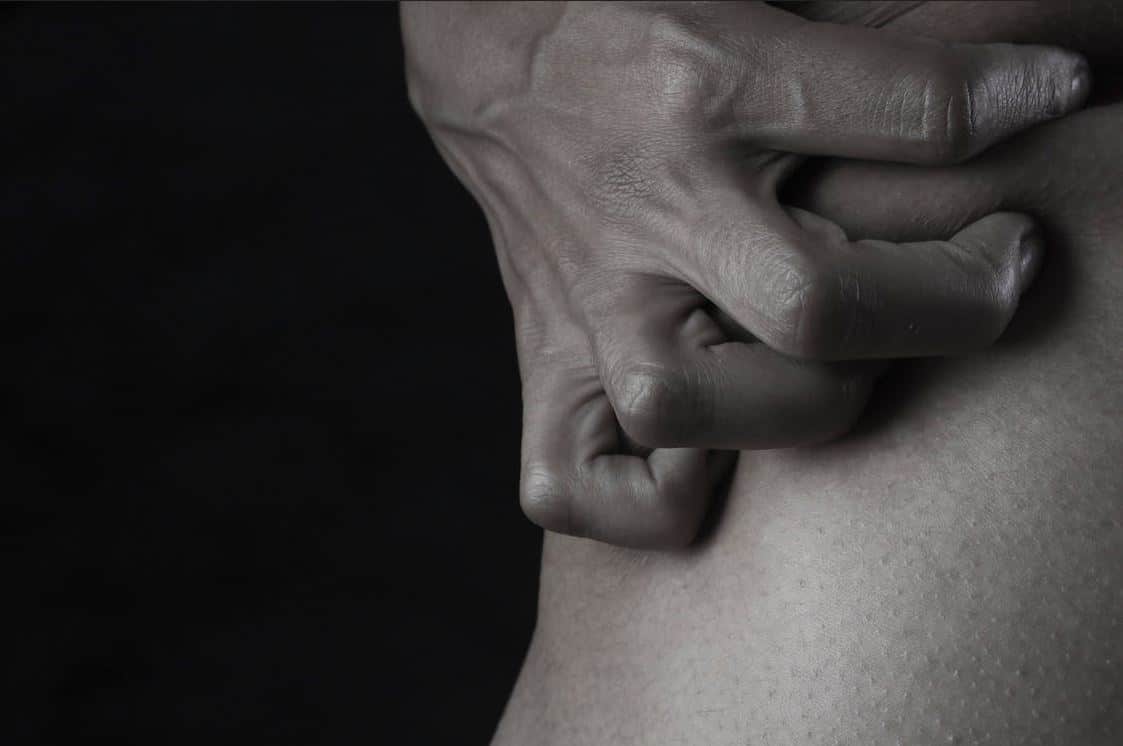
Phantom limb pain is a type of pain that feels as if it is coming from the area of a limb that was previously amputated. It is particularly irritating because it seems as if there is nothing that you can do about it. However, there are several treatment methods that your doctor may choose to help you find relief immediately after surgery as well as for the rest of your life.
Noninvasive Therapies
Your doctor will have many ideas for how to treat your phantom limb pain without requiring any surgery or other invasive treatments. Once such option is mirror box therapy, which has shown more promise than many other treatments have. In this therapy, a special mirrored box is used so that you can imagine yourself moving your missing limb as you perform exercises with your remaining limb. Another possibility is TENS therapy, which stimulates nerves through your skin. Virtual reality is another interesting option for decreasing pain by helping you feel as if your limb is still there.
Alternative Treatments
Many alternative therapies have also proven to be good possible treatments for many patients. Acupuncture is particularly good at decreasing pain and stimulating certain nerves. In addition, massage is not only relaxing but also is therapeutic on the irritated nerve endings.
Medications
As with most medical conditions, a combination of treatments is best for good relief of symptoms, and medications are often used for phantom limb pain as well. Some options that work well include opioids, antidepressants, muscle relaxers, and beta blockers. Your doctor may recommend a compounding pharmacy to create the best pain management medicine for your particular needs.
Psychological Therapy
While the phantom pain is certainly real, psychological therapy can help you deal with your feelings and concerns to reduce the sensation of pain in your mind. Biofeedback is an important part of this process in which you can be trained to feel less pain. In addition, positive imagery and music therapy may also be used at your doctor’s advice.
Keep in mind that even though your limb has been amputated, your pain in the area is certainly quite real. You should be sure to speak up to your doctor if this type of pain is affecting you because he or she has several available options to help you. Whether you require a shorter-term medication or a different long-term treatment, you will find that you can once again move on with your life once your pain is diminished.

